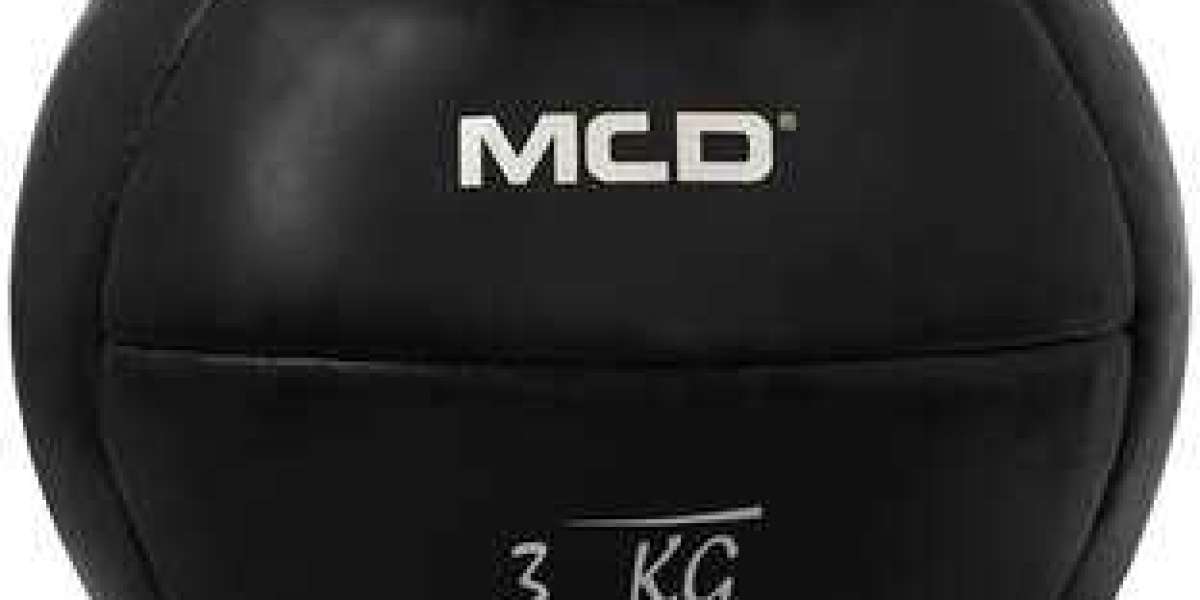Football demands a unique combination of strength, speed, and endurance. A well-structured gym workout tailored for football players can enhance performance on the field. Whether you’re a professional athlete or a weekend enthusiast, integrating specific exercises and equipment like a medicine ball into your routine can make a world of difference. This blog delves into the essentials of a football gym workout, ensuring you’re game-ready every time you step on the pitch.
Warm-Up: The Foundation of a Great Workout
Before diving into intense training, warming up is crucial. Begin with light cardio such as jogging or cycling to elevate your heart rate. Dynamic stretches like lunges, high knees, and arm swings prepare your muscles for the upcoming workout. Adding a medicine ball to your warm-up routine can improve core engagement. For instance, try medicine ball slams or twists to activate your core and enhance rotational strength, which is vital for kicking and quick direction changes during football.
Strength Training for Power
Football players need explosive strength to sprint, jump, and tackle. Your gym workout should focus on compound exercises like squats, deadlifts, and bench presses. These movements build overall body strength, crucial for high-intensity matches. Incorporating resistance bands or weighted exercises like a medicine ball throw can simulate game-like scenarios, helping you develop functional power.
For leg strength, lunges and Bulgarian split squats are excellent choices. Upper-body exercises like push-ups, pull-ups, and dumbbell presses complement your strength routine, ensuring balanced muscle development.
Endurance and Cardio Training
A football match lasts 90 minutes, requiring players to maintain high energy levels. Interval training, which alternates between short bursts of high intensity activity and recovery periods, is ideal for building stamina. Exercises like treadmill sprints, rowing, or cycling can mimic the demands of a match.
You can elevate your endurance sessions with high-quality football drills. Dribbling through cones, passing accuracy drills, or practicing free kicks not only build cardio endurance but also sharpen your skills.
Core Workouts for Stability
A strong core enhances balance, stability, and agility, crucial attributes for football. Core exercises should include planks, Russian twists, and leg raises. Using a medicine ball for core workouts can amplify the intensity. Try medicine ball V-ups or side throws against a wall to build rotational power, aiding in powerful kicks and quick turns.
Recovery and Flexibility
Post-workout recovery is as important as the training itself. Stretching and foam rolling help reduce muscle soreness and prevent injuries. Yoga or Pilates sessions can improve flexibility, ensuring your body remains resilient during matches.
Football-Specific Drills
No football gym workout is complete without drills that mimic on-field movements. Using a high-quality football, practice shooting, dribbling, and passing to translate your gym gains into game skills. These drills ensure your training remains functional and relevant to the demands of football.
Conclusion
A well-rounded football gym workout combines strength, endurance, and skill-specific drills to maximize performance. Incorporating tools like a medicine ball and focusing on core stability can give you a competitive edge. With dedication and the right training approach, you can elevate your game and enjoy the thrill of football at its best.







